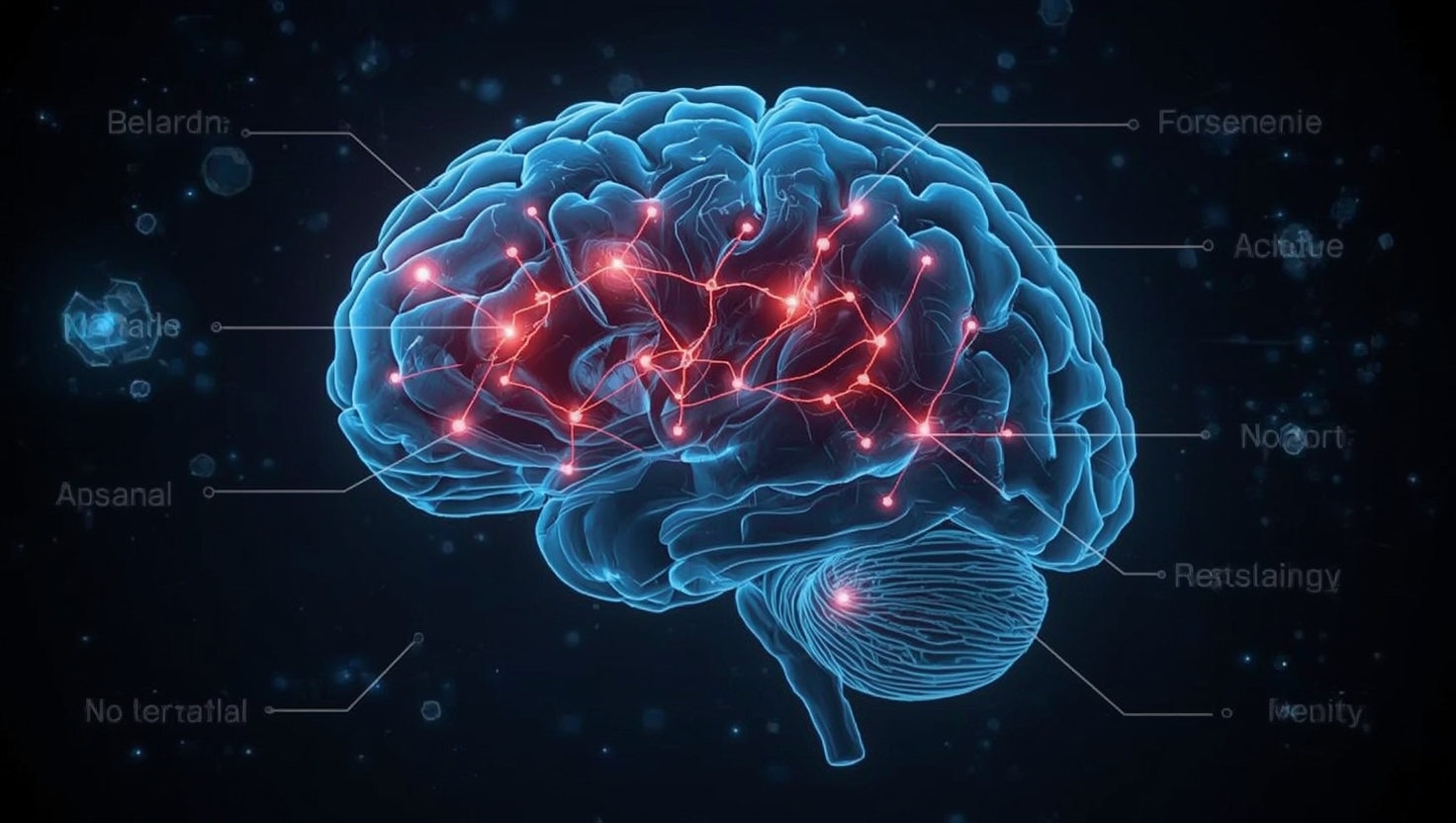Researchers at Örebro University in Sweden have developed two new AI models that can analyse the brain’s electrical activity and accurately distinguish between healthy individuals and patients with dementia, including Alzheimer’s disease.
“Early diagnosis is crucial in order to be able to take proactive measures that slow down the progression of the disease and improve the patient’s quality of life,” said Muhammad Hanif, researcher in informatics at Örebro University.
In the study, ‘An explainable and efficient deep learning framework for EEG-based diagnosis of Alzheimer’s disease and frontotemporal dementia,’ researchers combined two advanced AI methods – temporal convolutional networks and LSTM networks. The programme analyses EEG signals and can determine almost perfectly whether a person is healthy or not.
When comparing three groups – Alzheimer’s, frontotemporal dementia and healthy – the method achieved greater than 80% accuracy. The researchers also use an explanatory AI technique that shows which parts of the EEG signal affect the diagnosis.
In the second study, ‘Privacy–preserving dementia classification from EEG via hybrid–fusion EEGNetv4 and federated learning,’ the researchers developed an AI model – less than 1MB in size – that also safeguards patient privacy. With the help of federated learning, multiple healthcare providers can collaborate to train the AI system without sharing patient data. The model achieves greater than 97% accuracy.
“Traditional machine learning models often lack transparency and are challenged by privacy concerns. Our study aims to address both issues,” Hanif said.
The researchers succeeded in combining different methods of interpreting the brain’s electrical signals. By dividing EEG signals into various frequency bands – alpha, beta and gamma waves – the AI can identify patterns linked to dementia. The algorithms can detect long-term changes in the signals and recognise subtle differences between diagnoses. The AI technology also clearly shows the basis for its decisions.
In their studies, the researchers demonstrate how AI can become a rapid, low-cost and privacy-safe tool for early diagnosis of dementia. EEG is already a simple and inexpensive method that can be used in primary care. Combined with AI models that can run on portable devices, this opens up the potential for wider use in healthcare – from specialist clinics to future home testing.
“Early diagnosis is essential for implementing proactive measures that slow disease progression and improve quality of life. If solutions like this are fully implemented, it could ease the burden for everyone involved – patients, care staff, relatives and healthcare professionals,” Hanif said.
“We plan to continue the research by expanding to larger and more diverse datasets, exploring more EEG features, and including other types of dementia such as vascular dementia and Lewy body dementia. At the same time, we will use explainable AI and ensure strict protection of patient data,” Hanif said.
Jim Cornall is editor of Deeptech Digest and publisher at Ayr Coastal Media. He is an award-winning writer, editor, photographer, broadcaster, designer and author. Contact Jim here.


